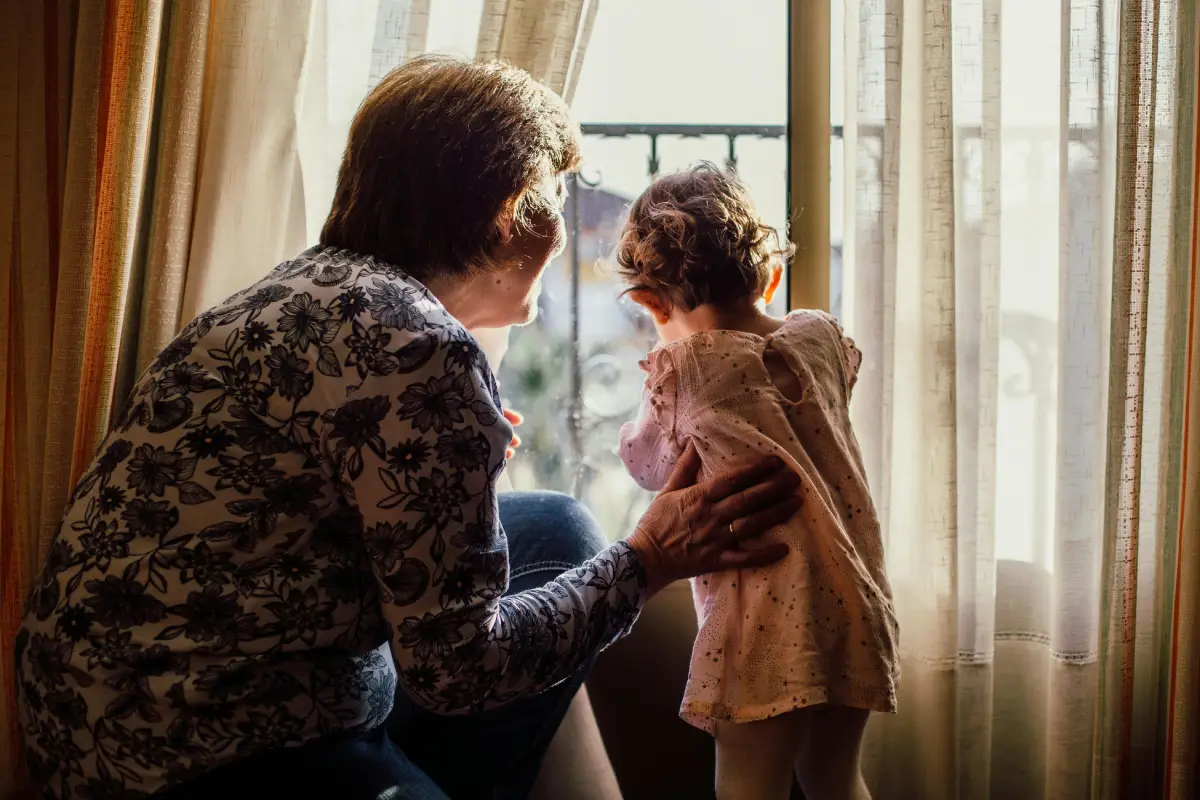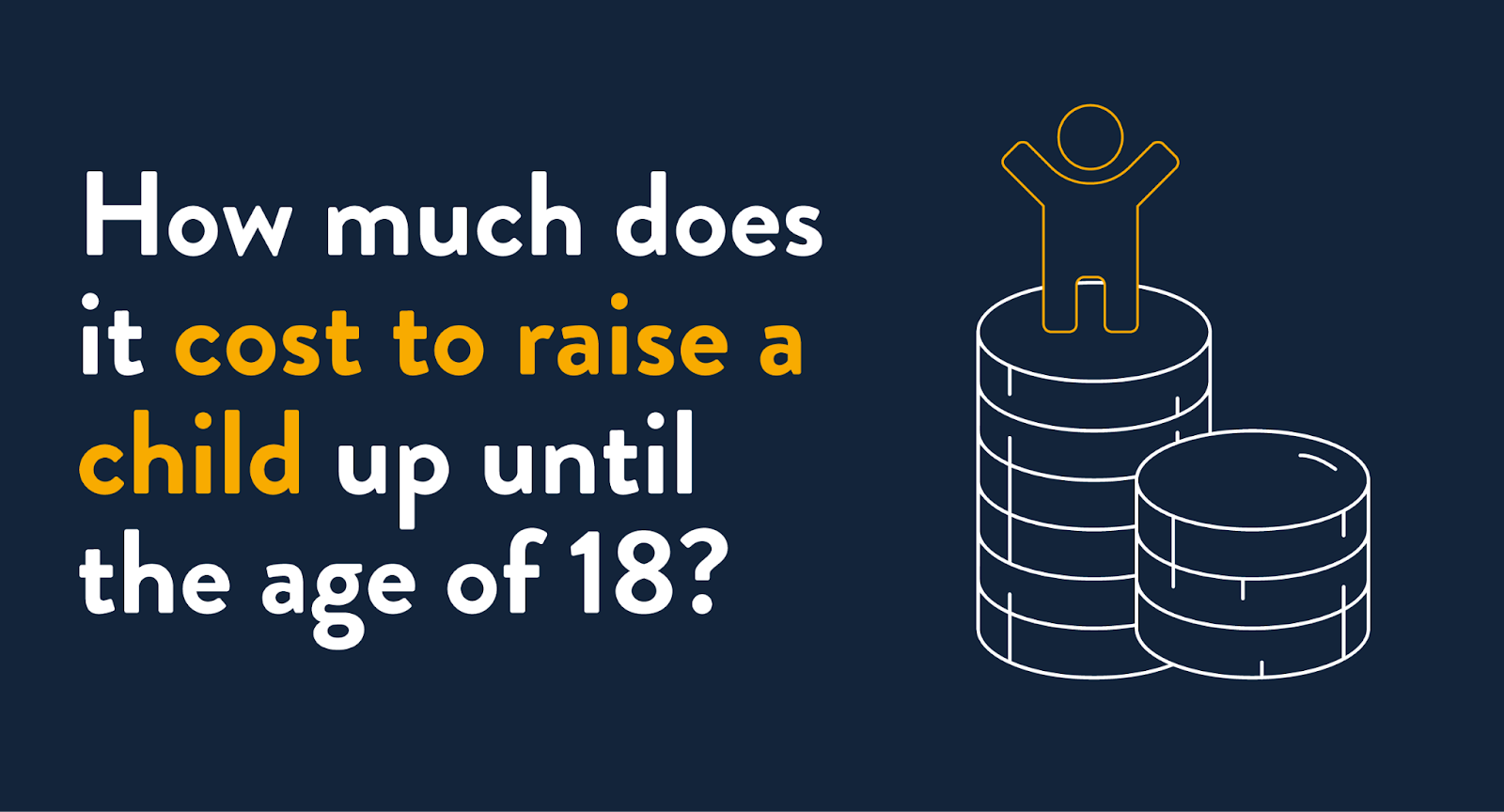
Coping with loss, whether of someone or something, is a topic which affects us all at different points. Bereavement is handling the loss of someone important to us. It is one of life’s most significant challenges. Furthermore, we all experience bereavement differently. This can lead us to be concerned that we are ‘doing it wrong’. There is no right and wrong with bereavement.
Grief is very much a disruptor of life. So how do we handle it appropriately, and what can you expect?
Understanding bereavement
Grief takes many different guises yet at the core is emotional suffering due to loss. Typically, the more significant the person was to you, the more impacting the bereavement will be. Bereavement is a process and a very personal one at that. However, there are ways to handle bereavement more healthily.
There are also factors which will affect how a person grieves. These include not only their personality but also their upbringing, life experiences, current circumstances, mental health, religious beliefs and more.
These different factors, and the disparate impact of loss on different people, mean that bereavement requires time. Furthermore, there is no set timetable as to when grieving should be finished. Therefore, the first step to healthy grieving is being patient with yourself or others who are grieving.
Myth busting
Death and loss is still very much a taboo subject in our society. The result is that there are various myths abound which can hinder someone’s bereavement process.
It is a myth that the pain associated with loss will go away if you keep busy or ignore it. Unfortunately, the fastest and easiest way through grief is to acknowledge it and give it space. This also applies to the myth that you should demonstrate strength in the face of loss. Sometimes it takes greater strength to acknowledge your grief and give voice to feeling bewildered, frightened, down or lonely.
Furthermore, there is a myth that by moving on with your life you have forgotten about your grief. It is both possible, and indeed healthy (in appropriate time), to move on whilst still acknowledging your loss.
The grieving process
Grieving is a process, but it isn’t a direct line of progression. Different people experience different things at different times and on different time scales. The five stages of grief, as set out originally by Elisabeth Kübler-Ross, are:
• Denial: A sense that this isn’t real, or can’t be happening.
• Anger: An intense feeling of injustice and a desire to find answers or blame someone.
• Bargaining: An attempt to change the reality.
• Depression: The sense of lowness and apathy characterised by sadness.
• Acceptance: Acknowledging the loss and finding a degree of peace with it.
These stages are all normal and natural. No single phase necessarily comes before another or is more important than another. You don’t have to experience them all to grieve appropriately. There is no defined time you should spend in each stage. Grief is not neat and ordered, but rather haphazard and non-sequential.
The result of this is that bereavement can be akin to a roller-coaster. Just as you feel you’re regaining a sense of order and calm, anger or blame may rear its head again. Again, this is normal. At times, events will trigger a renewal of the feelings of grief, and often these aren’t even necessarily the obvious events we expect either. Instead they can be small subtle triggers which reignite the feelings of loss.
Bereavement symptoms
It’s difficult to talk of bereavement symptoms because this in many ways puts a clinical approach on a normal human process. However, it is useful to understand the signs so that you can identify when or if things are outside the realm of normal and you need additional support.
Shock and disbelief in light of recent loss are normal. Sadness or emotional instability, for a time, is normal. Guilt can even be normal, even when you logically know there was nothing you could have done differently. Anger towards yourself, others and even the person you have lost, is also a common symptom of grief. Fear and worry, including concerns about your mortality, is also appropriate for a time.
Alongside the emotional signs there may also be physical symptoms including tiredness, lethargy, nausea, weight changes, insomnia and physical pain.
When to seek support with bereavement
Despite it being a normal process, accepting support can help you to manage it more appropriately. In most cases, this support can come from friends and family who allow you to talk about your loss, spend time with you, and help you with the practicalities of daily living.
If you feel you need more support, a good first port of call can be a bereavement support group. Your GP, local hospice, or a quick internet search will show you details about support groups in your area.
There are times when you may feel that your grief is too ‘big’ for friends and family and too much for you to bear. While this is normal and usually passes, you may wish to seek professional support from a therapist or bereavement counsellor who should offer a non-judgmental space for you to process your grief.
The importance of self-care
The most important thing you can do, even if you feel you are going through the motions, is to take care of yourself. Bereavement takes its toll and expressing your feelings and looking after yourself will help you manage the long process.
There are different elements to self-care. This may include accessing your creativity to express your loss through art or writing. It includes attending hobbies and interests and keeping to your routine. It can also involve physical care, healthy eating and sleep habits.
When is bereavement taking too long?
While there is no set timescale for grief in the face of significant loss, it is usual for all of the feelings of anger, numbness, sadness and other symptoms of grief to ease over time. They should also become less intense and more bearable.
However, if these feelings become less bearable, or things aren’t easing, then you may need further help and support. It is also possible for grief to trigger depression or PTSD which will also require management.
If your loss is preventing you from regaining your sense of life, it’s time to book an appointment with your GP. They will be able to sign-post you to the most appropriate help for you. This may include talking therapy, specialist bereavement counselling or, where appropriate, anti-depressants or sleeping aids.
It is particularly important to seek help if you feel that life isn’t worth living or you wish you had died too. If you blame yourself or are unable to go about normal day-to-day activities, you will also require further support.
Moving on
Unfortunately, there is no quick or direct route to overcoming bereavement. However, one day you should be able to look back and realise that you are indeed moving on and that the pain of your grief is more bearable. If in doubt, speak to your GP, or you can contact National Bereavement Service on 0800 024 6281. They provide practical guidance to families going through a bereavement.


